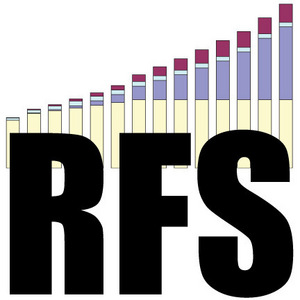ACE says best way to cut GHG emissions is to restore RFS

June 3, 2014
BY American Coalition for Ethanol
Brian Jennings, executive vice president for the American Coalition for Ethanol, issued the following statement June 2 on the sweeping proposal from the U.S. EPA to limit greenhouse gas emissions (GHGs) and cut carbon pollution from the nation’s power plants by the year 2030.
“Today EPA announced a new and ambitious rule to limit GHG emissions from power plants. Given this new focus on GHGs, it should be noted that the renewable fuel standard (RFS) has been successfully reducing GHG emissions from the transportation sector since enactment in 2007, cutting 38 million metric tons of GHGs in 2013 alone, the equivalent of the emissions from 8 million cars or permanently parking every motor vehicle in Florida. In other words, the RFS is the strongest and most successful law ever enacted to reduce dangerous GHG emissions from transportation fuels.”
“If the Administration is serious about using the Clean Air Act to implement a broad-based effort to reduce GHGs across various sectors, the best and most important way to do that is to ensure that the RFS works as intended to drive higher usage of renewable fuels versus how EPA has proposed to reduce the RFS for 2014. EPA’s current RFS proposal sets a dangerous precedent by letting oil companies off the hook when it comes to compliance with Clean Air Act GHG standards for transportation fuel. If the Administration expects power plants to comply with this new proposal by curbing their emissions, how can it let oil companies shirk responsibility for complying with the Clean Air Act RFS provision by refusing to allow consumer access to higher blends of ethanol?”
Advertisement
Advertisement
Advertisement
Advertisement
Related Stories
The U.S. EPA on July 8 hosted virtual public hearing to gather input on the agency’s recently released proposed rule to set 2026 and 2027 RFS RVOs. Members of the biofuel industry were among those to offer testimony during the event.
The USDA’s Risk Management Agency is implementing multiple changes to the Camelina pilot insurance program for the 2026 and succeeding crop years. The changes will expand coverage options and provide greater flexibility for producers.
President Trump on July 4 signed the “One Big Beautiful Bill Act.” The legislation extends and updates the 45Z credit and revives a tax credit benefiting small biodiesel producers but repeals several other bioenergy-related tax incentives.
CARB on June 27 announced amendments to the state’s LCFS regulations will take effect beginning on July 1. The amended regulations were approved by the agency in November 2024, but implementation was delayed due to regulatory clarity issues.
SAF Magazine and the Commercial Aviation Alternative Fuels Initiative announced the preliminary agenda for the North American SAF Conference and Expo, being held Sept. 22-24 at the Minneapolis Convention Center in Minneapolis, Minnesota.
Upcoming Events










